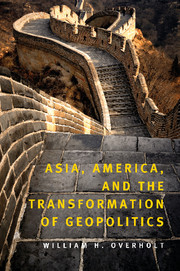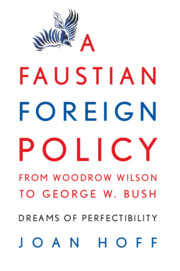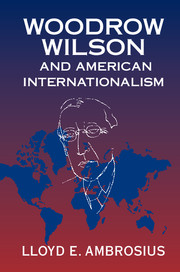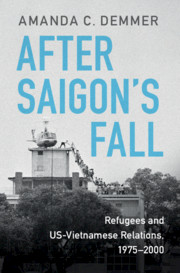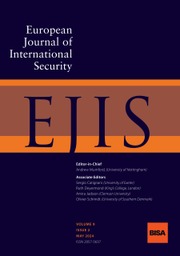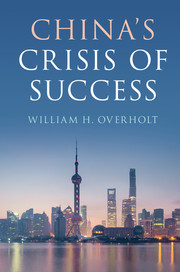Asia, America, and the Transformation of Geopolitics
American security and prosperity now depend on Asia. William H. Overholt offers an iconoclastic analysis of developments in each major Asian country, Asian international relations, and US foreign policy. Drawing on decades of political and business experience, he argues that obsolete Cold War attitudes tie the US increasingly to an otherwise isolated Japan and obscure the reality that a US-Chinese bicondominium now manages most Asian issues. Military priorities risk polarizing the region unnecessarily, weaken the economic relationships that engendered American preeminence, and ironically enhance Chinese influence. As a result, US influence in Asia is declining. Overholt disputes the argument that democracy promotion will lead to superior development and peace, and forecasts a new era in which Asian geopolitics could take a drastically different shape. Covering Japan, China, Russia, Central Asia, India, Pakistan, Korea, and South-East Asia, Overholt offers invaluable insights for scholars, policy-makers, business people, and general readers.
- Wide-ranging criticism of recent US policy towards a region vital to its economic well-being
- Covers Asia from Korea to Kazakhstan, with in-depth analysis of US relations with China, Japan and India
- Overholt has been a successful banker, academic, and political adviser in the region
Reviews & endorsements
"A sweeping tour d'horizon of Asia's profoundly changing geopolitical landscape, presented with zest and bold judgments. An important and timely dissection of the implications of the on-going eastward shift in the world's center of gravity."
Zbigniew Brzezinski, former National Security Advisor to the President of the United States
"Deng Xiaoping is right; Gorbachev is wrong. Which American dared to say this when they were in office? Bill Overholt. In this volume, Bill Overholt continues his tradition of challenging Western conventional wisdom on Asia. As he says, ‘Old ideas burn themselves into the minds and can be excised only by some searing experience’. If his book is read by critical policymakers, the world may well be spared a ‘searing experience’ in handling the inevitable rise of Asia."
Prof Kishore Mahbubani, Dean, Lee Kuan Yew School of Public Policy, NUS, Singapore
"This work analyzes Asia in its broadest dimensions--economic, political, and strategic. It then applies its findings to implications for American foreign policy, and concludes with a survey of possible future scenarios for Asia and the U.S. While the reader may differ with the author on certain interpretations, the study provides an unprecedented opportunity to reexamine Asia's past and present, and to explore its future as well as that of the United States."
Professor Robert A. Scalapino, Robson Research Professor of Government Emeritus, University of California, Berkeley
“Overholt…built his analysis of the relations between the U.S. government and Asian governments around the proposition that officials are slow to change their foreign policy thinking and hence are prone to operate with outdated assumptions…Even now, Overholt sees a United States that continues to hold on to Cold War assumptions in its relations with China, Japan, and Southeast Asia.”
Foreign Affairs
“[Overholt] argues that Washington must overcome its ‘Cold War inertia’ in Asia policy and accept the new realities…Indispensable for the incoming US presidential administration…Essential.”
M.G. Roskin, Lycoming College, Choice
Product details
November 2007Paperback
9780521720236
368 pages
228 × 152 × 19 mm
0.566kg
Available
Table of Contents
- 1. Introduction: The inertia of foreign policies
- 2. Cold War assumptions and changing realities
- 3. Regional trends
- 4. Asia's big powers: Japan and China
- 5. Smaller places, decisive pivots: Taiwan, Korea, Southeast Asia
- 6. The aspiring power and its near abroad: India and South Asia
- 7. Russia and its near abroad
- 8. The United States and the New Asia
- 9. Scenarios for the future
- 10. Conclusion.

